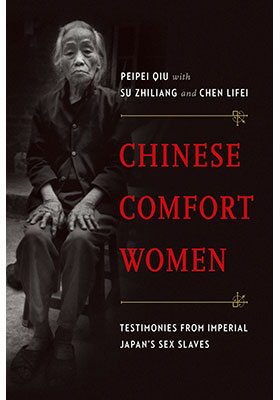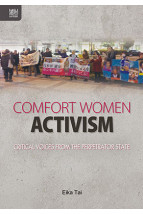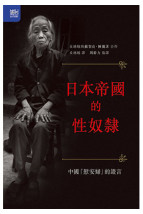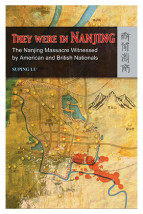Chinese Comfort Women
Testimonies from Imperial Japan’s Sex Slaves
(日本帝國的性奴隸:中國「慰安婦」的證言)
ISBN : 978-988-8208-29-6
July 2014
280 pages, 6″ x 9″, 25 b&w illus.; 2 tables
For sale in Asia, Australia, and New Zealand only
- HK$210.00
Through personal narratives from twelve survivors, Chinese Comfort Women reveals the unfathomable atrocities committed against women during the Asia-Pacific War and correlates the proliferation of “comfort stations” with the progression of Japan’s military offensive. Drawing on investigative reports, local histories, and witness testimony, this book puts a human face on China’s war experience and on the injustices suffered by hundreds of thousands of Chinese women.
“This book is heart-rending and courageous. It gives voice, for the first time in English, to the Chinese women enslaved by the Japanese armies during the invasion and occupation of China. I finished it with a great respect for the victims whose stories are told here and for the historians who have brought them to light.” —Diana Lary, author of The Chinese People at War: Human Suffering and Social Transformation, 1937–1945
“The individual histories documented in this book are very moving, particularly because they include discussion of the family backgrounds of these women before the war and of their experiences in later life.” —Tessa Morris-Suzuki, author of Borderline Japan: Foreigners and Frontier Controls in the Postwar Era
“This book provides an excellent analysis of the scope, nature, and prevalence of comfort stations in China and documents the lived experiences of Chinese comfort women. It expertly knits together a range of invaluable primary sources hitherto only available in Chinese, with secondary documentation in Japanese, Chinese, and English.” —Nicola Henry, author of War and Rape: Law, Memory and Justice




